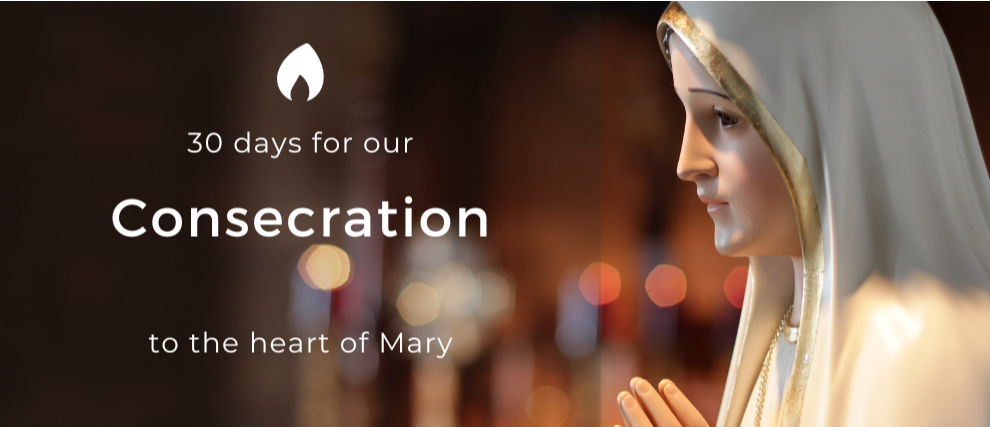The Annunciation (Luke 1:26-38)
The Annunciation in the Bible, in the Gospel of Luke, shows us the mystery of the incarnation. The angel Gabriel, sent by God, comes to announce to Mary, still a virgin, that she will give birth to the Son of God, the long-awaited Messiah. This biblical passage testifies that Jesus, born of the Holy Spirit and the Virgin Mary, is therefore true God and true man, a mystery at the very heart of Christianity.
The Annunciation is traditionally celebrated on March 25th, nine months before the birth of Christ.
The Story of the Annunciation by the angel Gabriel to Mary in the Gospel of Luke
26 In the sixth month of Elizabeth’s pregnancy, God sent the angel Gabriel to Nazareth, a town in Galilee,
27 to a virgin pledged to be married to a man named Joseph, a descendant of David. The virgin’s name was Mary.
28 The angel went to her and said, “Greetings, you who are highly favored! The Lord is with you.”
29 Mary was greatly troubled at his words and wondered what kind of greeting this might be.
30 But the angel said to her, “Do not be afraid, Mary; you have found favor with God.
31 You will conceive and give birth to a son, and you are to call him Jesus.
32 He will be great and will be called the Son of the Most High. The Lord God will give him the throne of his father David,
33 and he will reign over Jacob’s descendants forever; his kingdom will never end.”
34 “How will this be,” Mary asked the angel, “since I am a virgin?”
35 The angel answered, “The Holy Spirit will come on you, and the power of the Most High will overshadow you. So the holy one to be born will be called the Son of God.
36 Even Elizabeth your relative is going to have a child in her old age, and she who was said to be unable to conceive is in her sixth month.
37 For no word from God will ever fail.”
38 “I am the Lord’s servant,” Mary answered. “May your word to me be fulfilled.” Then the angel left her.
Rejoice, Mary
The angel Gabriel greets Mary but he does so in a special way. He invites her to rejoice at the news he will tell her. The angel, and through him God, tries to reassure Mary that such an appearance - and especially such a statement - can frighten.
Don’t be afraid, Mary, rejoice! As incredible as this announcement may have been, as overwhelming for the life of the unimportant young fiancée of Joseph this revelation may have been, Mary is invited to rejoice.
Mary, even if she does not understand everything (she asks the angel questions about how this can be achieved), knows that this announcement is a blessing and she will tell her cousin Elisabeth herself, during the Visitation, in her Magnificat: From this day all generations will call me blessed
When God calls us, when God invites us, even if it upsets us and throws a wrench into all our plans: Let us not be afraid. Like Mary, let us rejoice!
Let your will be done
Mary’s Fiat - “Let it be done” - is the Virgin’s answer to the Lord’s call. This is her Yes that surrenders completely to the will of God, with confidence and faith. This is the door Mary opens so that the scriptures can be fulfilled and a savior given to us.
It is in surrendering to God, giving priority to his will and not ours, that we allow great things to be done. This total and confident welcome - even in the face of the incomprehensible - Jesus also shows us, at the Garden of Olives before his Passion : “yet not my will, but yours be done.” (Luke 22:42)
We, too, have invited ourselves to rely on God’s will, and we ask for strength and faith to accept it every time we recite our Father: “Thy will be done on Earth as it is in Heaven”.

